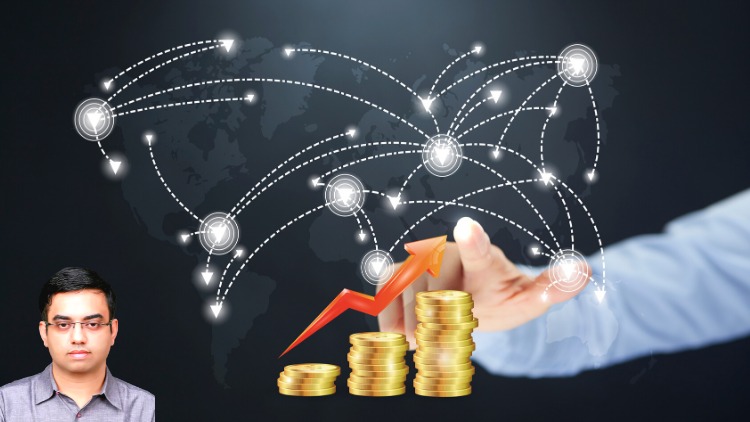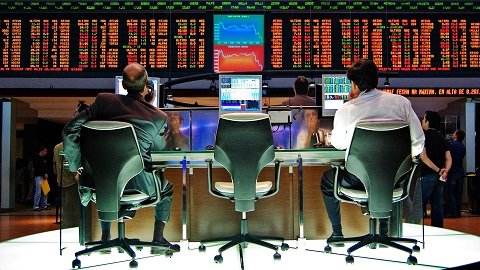There is no doubt that the latest move on black money by PM Modi has to be lauded for its intent. But once the dust settles on the moral euphoria, we should realize that there may be major side-effects to this move.
It is estimated that India has a parallel economy that is about 30% of the GDP that runs on un-accounted money. This means substantial business is conducted in this parallel economy. This business though is not solely owned by criminals, terrorists & their ilk. In fact a large and probably majority of it is conducted by otherwise legal businesses who use both ‘black’ and ‘white’ money. For example, most real estate dealings include substantial percentage of payments made in black money. This makes it easy to understand why this move may have a major negative impact on real estate demand. But if real estate prices are hit, it would also affect banks which have eagerly ‘banked’ on disbursing loans to this sector (both retail & corporate).
But the use of black money is not just limited to real estate sector. Durable Goods, Travel & Tourism, Gems & Jewelry, Healthcare, Agriculture, Mining .. the consumption in almost every sector would be impacted by this move. But over and above that the businesses in most sectors use a mix of ‘black’ and ‘white’ money. Further don’t forget that this parallel economy also has a big shadow banking system which now has only abolished notes in circulation, with little or no legal way to be replaced by new currency. So when suddenly the liquidity dries up in the parallel economy is it fair to assume that it would have no impact on the ‘official’ economy? Most business entities are present in both the parallel and ‘official’ economy, so when their credit worthiness is questioned in one economy it would directly impact their credit worthiness in the other economy.
The fact is ground realities are not as ‘black’ and ‘white’ when it comes to the parallel and the official economy. In fact these economies are strongly linked to each other and the ‘official’ economy also benefits from the parallel economy by the way of consumption & investments. Often Governments and central banks overestimate their power & ability to manage and implement sudden, wholesale changes to the economic system. But the fact is when you make such major changes it is almost impossible to predict how the system will respond. The ability of the system to absorb this particular change will depend on how strong is the link between these two economies. We will go as far as to say that it is not unlikely that India may witness its own version of “Too Big To Fail” moment, and the government may be forced to either roll back the move or bring in another black money amnesty scheme to ‘manage’ the transition of the parallel economy.
The impact of this move will become apparent over the next few days or weeks, but this moral euphoria must not let us to believe that this well-meaning attempt may not misfire.



